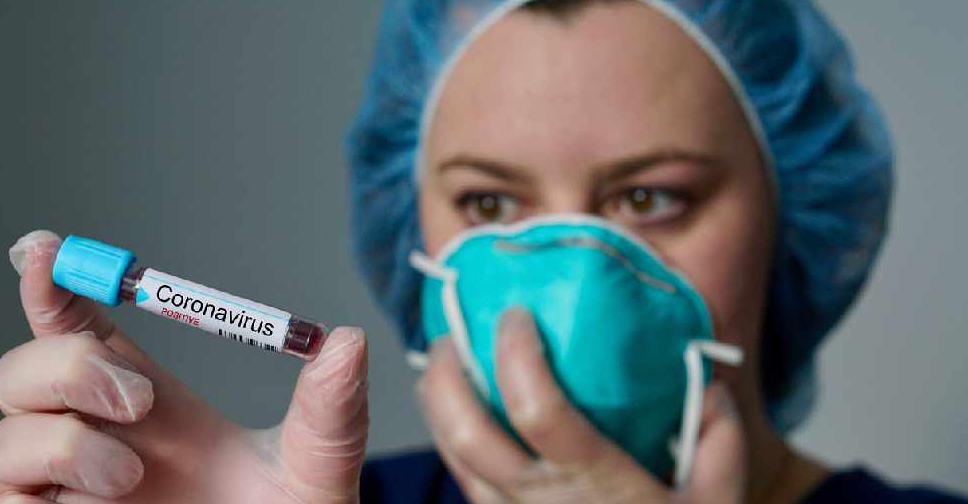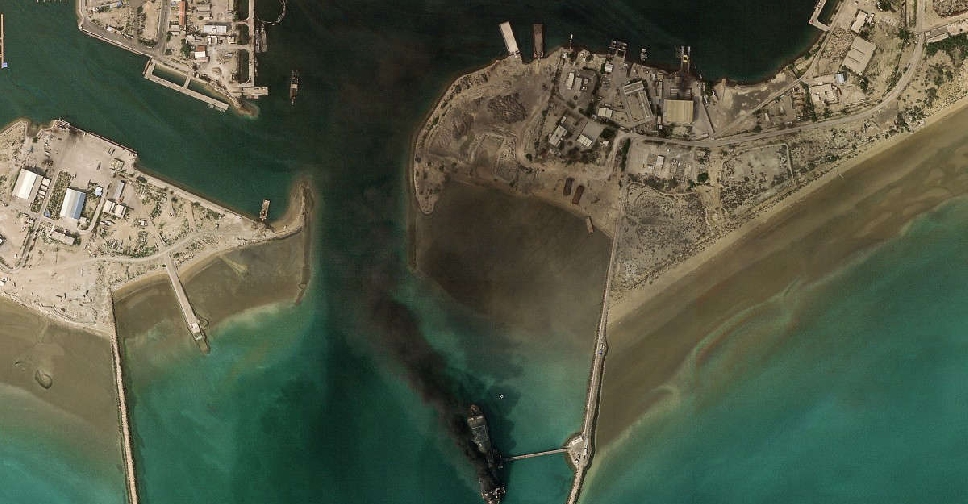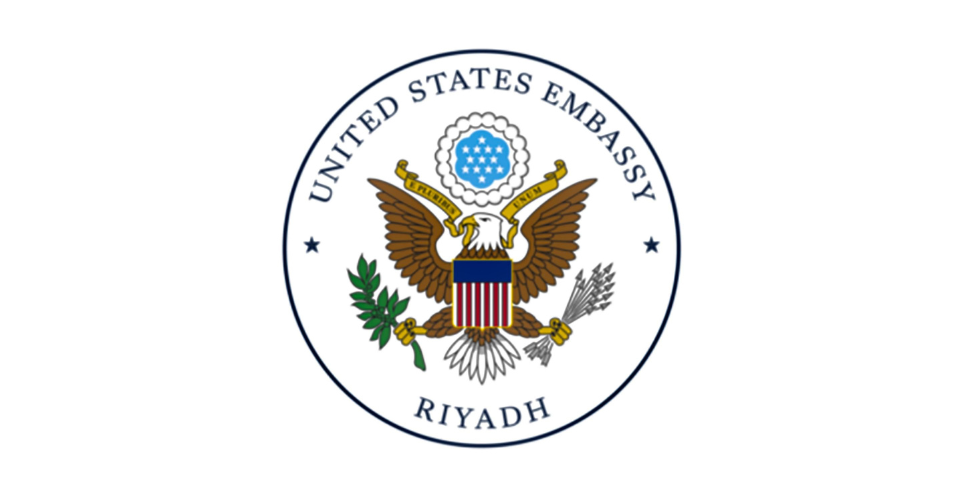
The World Health Organisation (WHO) said it would study fresh evidence on airborne transmission of the coronavirus.
"The possibility of airborne transmission in public settings - especially in very specific conditions, crowded, closed, poorly ventilated settings that have been described, cannot be ruled out," said Benedetta Allegranzi, WHO's technical lead for infection prevention and control.
The organisation said the new evidence, put forth by a group of 239 scientist, will be studied and its guidelines revised accordingly.
Previously, the WHO had said the virus spreads primarily through small droplets expelled from the nose and mouth of an infected person that quickly sink to the ground.




 Iran vows to attack any ship trying to pass through Strait of Hormuz
Iran vows to attack any ship trying to pass through Strait of Hormuz
 Drones target fuel tanks at Oman’s Duqm Port
Drones target fuel tanks at Oman’s Duqm Port
 Qatar announces interception of 2 jets, 101 missiles since Iranian attack
Qatar announces interception of 2 jets, 101 missiles since Iranian attack
 Two drones target US embassy in Saudi Arabia
Two drones target US embassy in Saudi Arabia
 Bahrain thwarts fresh wave of Iranian aerial attacks
Bahrain thwarts fresh wave of Iranian aerial attacks




